December 8, 2021 at 1:54 pm
Who knew chalk could talk? Amsterdam restorers certainly did, as they discovered Rembrandt’s original chalk outline of The Night Watch.
“You may ask why is this so important? Well, it gives us the feeling we can peek over Rembrandts shoulder while he was working on The Night Watch.”
Read it here:Hidden sketch revealed beneath Rembrandt’s The Night Watch
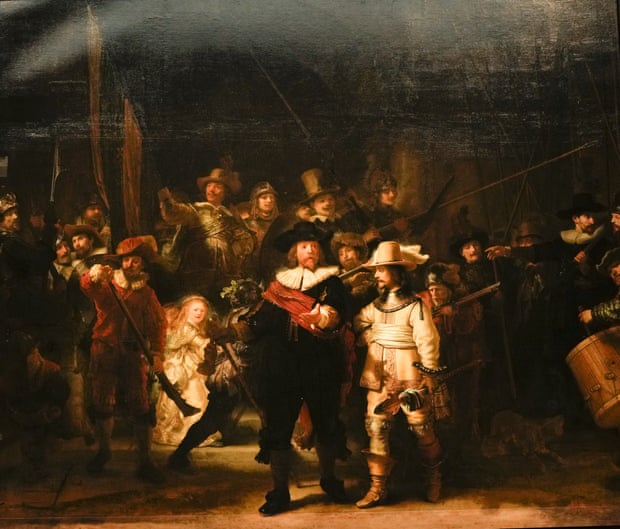
Rembrandt’s The Night Watch. The hidden sketch reveals evidence of a series of changes the artist made as he went along. Photograph: Peter de Jong/AP
By CAS Core Curriculum
|
Posted in Uncategorized
|
December 6, 2021 at 9:52 am
Check out this article from the Wall Street Journal on Walt Whitman's "Crossing Brooklyn Ferry", where the writer, Benjamin Shull, analyzes the poem's timelessness and human truths.
"So often in his poems, Whitman begins from particulars -- individual people and the jobs they perform, fleeting impressions of nature -- and then proceeds to meditate more broadly on the commonalities he feels with humanity, nay, the whole cosmos." - Benjamin Shull

You can access the article through the Wall Street Journal website with a subscription:https://www.wsj.com/articles/crossing-brooklyn-ferry-walt-whitman-east-river-leaves-of-grass-1163856926
Or through a BU database with your username and password:https://www.proquest.com/docview/2605868475/359D213AC6AD489EPQ/1?accountid=9676
By Gabriela Padilla
|
Posted in Uncategorized
|
November 29, 2021 at 4:57 pm
Here's a powerful reminder of our concerning actions as a nation in retribution to the immemorial owners of the lands we occupy.
These statements relieve the speaker and the audience of the responsibility to think about Indigenous peoples, at least until the next public event.

https://www.theatlantic.com/ideas/archive/2021/11/against-land-acknowledgements-native-american/620820/
By Juan Ruiz
|
Posted in Academics
|
November 9, 2021 at 11:01 am
Hi fellow scholars! Here's the Core Office bringing you once again the wonders of modern day interpretations of our beloved classics. We wanted to share with you a couple of clips referenced today in Prof. Hamill's lecture on"Witnessing Tragedy in Euripides' Hecuba". Enjoy!
Queens of Syria tells the story of fifty women from Syria, all forced into exile in Jordan, who came together in Autumn 2013 to create and perform their own version of the Trojan Women, the timeless Ancient Greek tragedy about the plight of women in war.
What followed was an extraordinary moment of cross-cultural contact across millennia, in which women born in 20th century Syria found a blazingly vivid mirror of their own experiences in the stories of a queen, princesses and ordinary women like them, uprooted, enslaved, and bereaved by the Trojan War.
https://www.youtube.com/watch?v=YuBeBjqKSGQ
This last video is taken from the most famous aria from Mozart's opera, The Magic Flute, where we can see another "queen", the Queen of the Night.
By Juan Ruiz
|
Posted in Art, Core Lecturers, video
|
November 5, 2021 at 10:19 am
Looking for an interesting, yet calming playlist that you can listen to while doing work? Well, look no further, as the Core Curriculum's Professor Hamill has found this 11 hour playlist of ambient songs to transport you as you study:https://www.youtube.com/watch?v=_r0ax76pg8w

Students interested in learning more about empiricism can come to the Core Office, or contact us at core@bu.edu !
By Gabriela Padilla
|
Posted in Uncategorized
|
October 22, 2021 at 3:24 pm
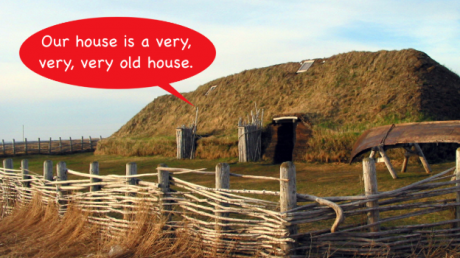
Samus Bellamy writes on dig site evidence that can place the date on the Viking settlement at L'Anse aux Meadows, Newfoundland that was discovered six decades ago.
To find out the details and see how he dissects a New York Times article on the story, check out this link.
By CAS Core Curriculum
|
Posted in Uncategorized
|
October 22, 2021 at 3:19 pm
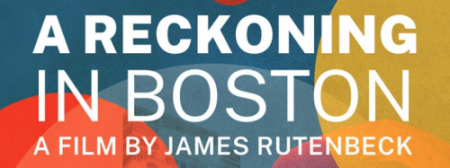
What was supposed to be a documentary about Dorchester residents enrolled in a humanities course turned into an exploration of racism, violence, and justice in Boston
James Rutenbeck, a white filmmaker from the suburbs, had the intention to simply document the Clemente Course in Dorchester, and to better understand the impact of this academic curriculum on the community. But he discovered much more than students just interacting with the great works of literature. Instead, he found students grappling with the realities of racism, homelessness, violence, and gentrification that surround them, students who face existential threats every time they stepped out of the classroom.
For more information check out this link
By CAS Core Curriculum
|
Posted in Uncategorized
|
September 24, 2021 at 11:10 am
Ever wondered where, exactly, in the Mediterranean Odysseus travels took place? Check out this piece from Laphams Quarterly, written by Elizabeth Della Zazzera, a historian of modern Europe and a postdoctoral research associate at the University of Connecticut Humanities Institute, in which she outlines the processes individuals took to figure out Odysseus whereabouts throughout his 10-year journey home from war: https://www.laphamsquarterly.org/roundtable/geography-odyssey
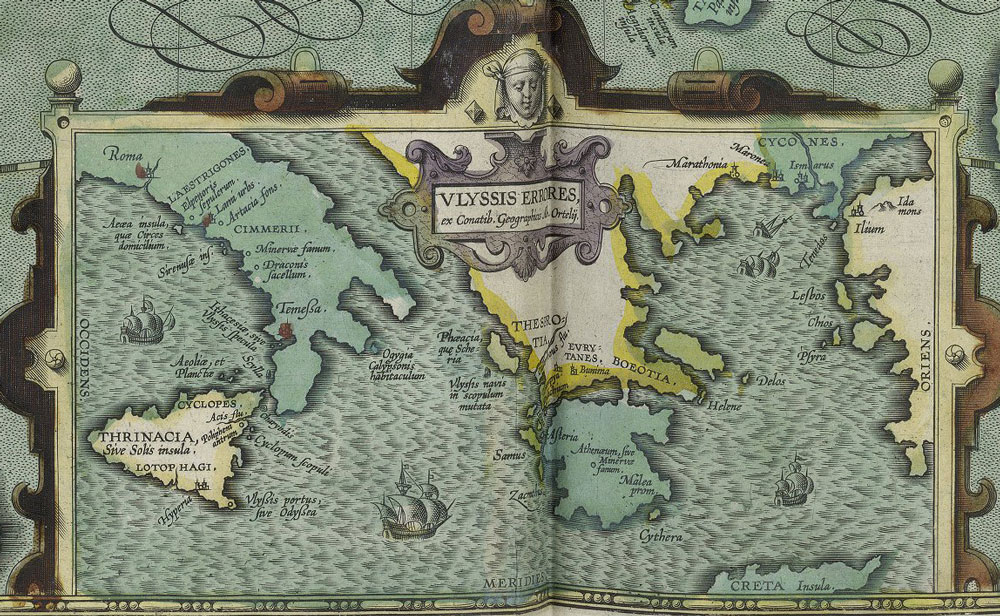
Core students interested in reading The Odyssey can come to the Core Office to borrow a copy, or contact us at core@bu.edu.
By Gabriela Padilla
|
Posted in Uncategorized
|







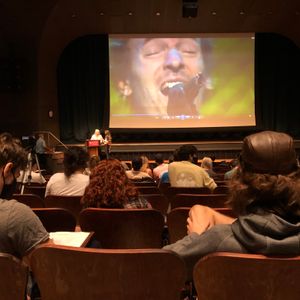
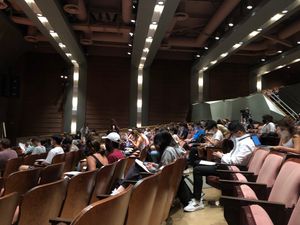
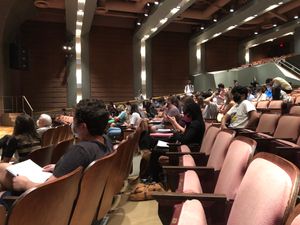
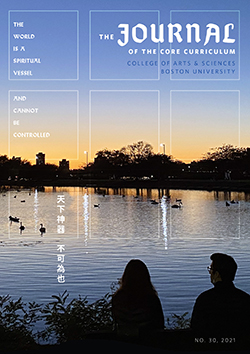 The online edition of the thirtieth issue of
The online edition of the thirtieth issue of 